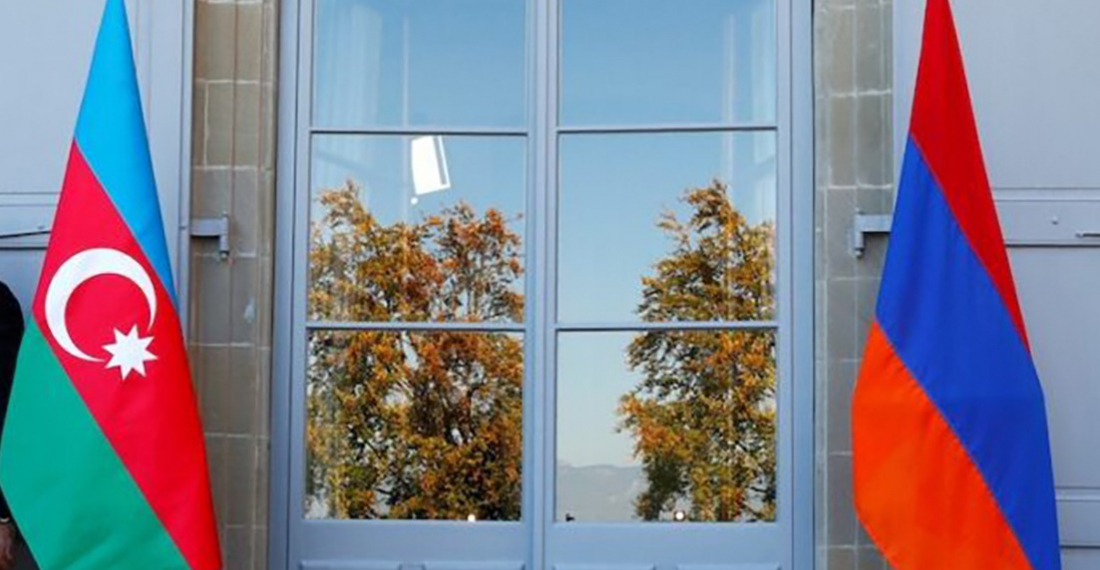The co-rapporteurs of the Joint Armenian-Azerbaijani Liaison Group on Confidence-building measures in support of lasting peace in the South Caucasus have issued a statement welcoming the 7 December statement of the governments of Armenia and Azerbaijan. They say that the Group discussed the statement which they consider a significant step in the process of normalization of bilateral relations and resumption of negotiations.
The statement says:
The Joint Armenian-Azerbaijani Liaison Group on Confidence-building measures in support of lasting peace in the South Caucasus, discussed the statement issued by the Presidential Administration of Azerbaijan and the Office of the Prime Minister of Armenia on Thursday 7 December, announcing an agreement for the release of prisoners, and other confidence-building measures between the sides. This statement is a significant step in the process of normalization of bilateral relations and resumption of negotiations.
Our Joint Liaison Group has been working since the summer of 2021 to develop ideas on confidence-building measures, and to muster political and popular support for their implementation. Our report of April 2022: “The South Caucasus from war to peace: thirty measures between now and 2030” proposes concrete measures that can be implemented in the short, medium, and long term, not only to achieve peace, but also to subsequently consolidate it. Much has happened since this report was published, and some of the proposals have been overtaken by events, but the need to build trust and confidence remains high.
We join the call on the international community to support the efforts of Armenia and Azerbaijan that will contribute to building mutual trust between two countries and will positively impact the entire South Caucasus region. We call on Armenians and Azerbaijanis to recognise the significance of this moment and support efforts to achieve lasting peace in the region.
The co-rapporteurs of the Joint Armenian-Azerbaijani Liaison Group on Confidence-building measures in support of lasting peace in the South Caucasus.
Ahmad Alili (Co-rapporteur - Azerbaijan)
Benyamin Poghosyan (Co-rapporteur - Armenia)
11 December 2023







